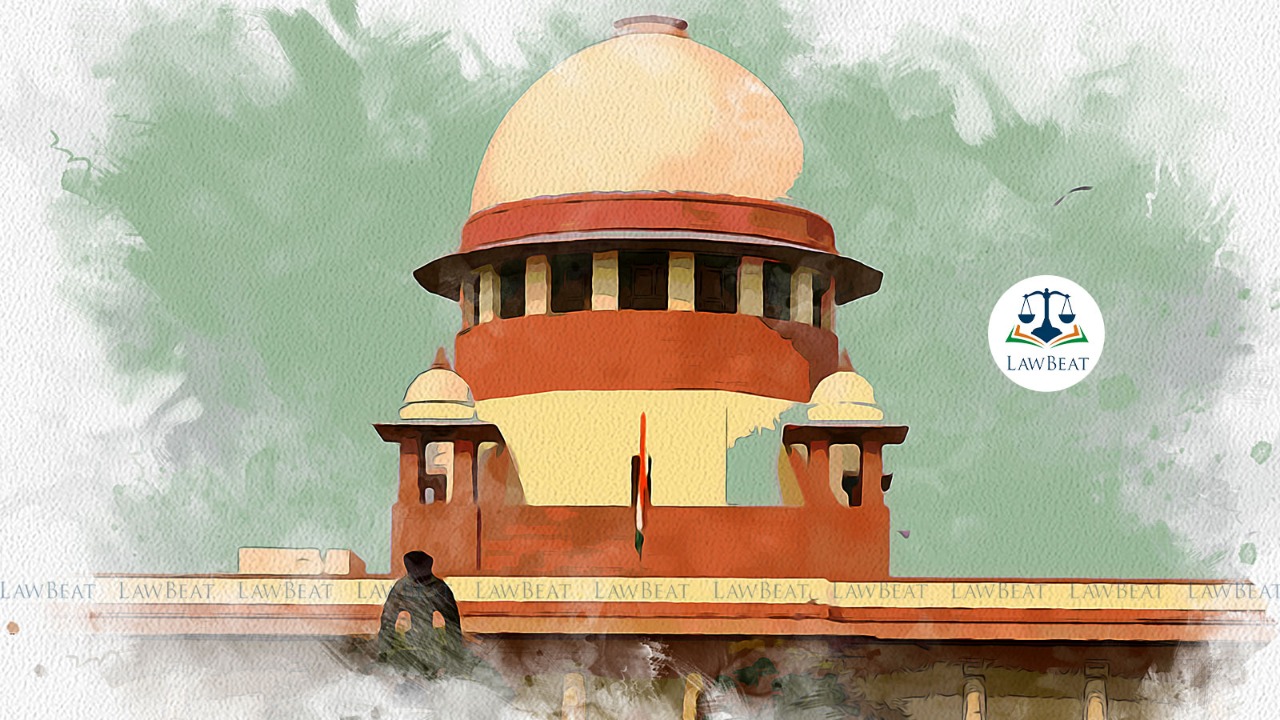Transgender persons can avail quota under existing categories, Centre tells Supreme Court

The top court in March this year had issued a show cause notice to the Centre, acting on a plea by a group of transgender persons for failure to comply with the directions issued by it in the 2014 judgement.
The Centre has told the Supreme Court that transgender persons can avail of quota benefits for jobs and education under the existing categories of SC, ST, SEBC or EWS as the entire marginalised and eligible population of the country, including transgenders, is at present covered under any one of the four categories.
The Ministry of Social Justice and Empowerment clarified its stand on the subject, though the Supreme Court in NALSA judgement in 2014 told the Centre and States to treat the transgenders as “socially and educationally backward classes and extend all kinds of reservation” in government jobs and higher education.
In a written response to a show-cause notice of contempt, the Centre said that there is no separate reservation for transgender persons in education or employment and that they can access such benefits if they belong to Scheduled Caste (SC) Scheduled Tribe (ST), Socially and Economically Backward Classes (SEBC) or Economically Weaker Sections (EWS) communities.
"The Government of India is providing reservation for the purpose of mainstreaming the poor and marginalised. The benefits of reservation in matters of direct recruitment in central government services and in admission to central government higher educational institutions are as follows: SC- 15%; ST- 7.5%; SEBC - 27%; EWS - 10%. The benefits of any of the reservation, including the above four reservations, can be availed by the marginalised and eligible population of the country, including transgender persons,” the affidavit stated.
"Any transgender outside the SC/ST/SEBC communities with family income of less than Rs 8 lakh is automatically included in the EWS category," it said.
In the 2014 judgement in case of 'NALSA Vs Union of India', the Supreme Court had said, “We direct the Centre and the State governments to take steps to treat them as socially and educationally backward classes of citizens and extend all kinds of reservation in cases of admission in educational institutions and for public appointments.”
The court had then also granted legal recognition to transgenders as a third gender, putting personal autonomy and right of choice on par with human dignity.
It had at that time issued a slew of directions for the Centre and the States to frame various social welfare schemes for their upliftment, while ensuring they are considered as a SEBC for the purposes of availing reservation benefits.
After the 2014 judgement, Parliament passed the Transgender Persons (Protection of Rights) Act, for the welfare of transgender persons but omitted to provide quota benefits to the community as such.
Besides clarifying its stand on the issue quota to the community, the government enumerated several steps taken, including creation of a national portal for transgender persons on November 25, 2020, issuance of identity cards, since the 2014 judgement for upliftment of the transgenders and to ensure a dignified living for them.
It said a National Council for Transgender Persons has been constituted on August 21, 2020 to advise Government on policies, programmes, legislation and projects with respect to transgender persons.
Case Title: NALSA vs. Union of India
